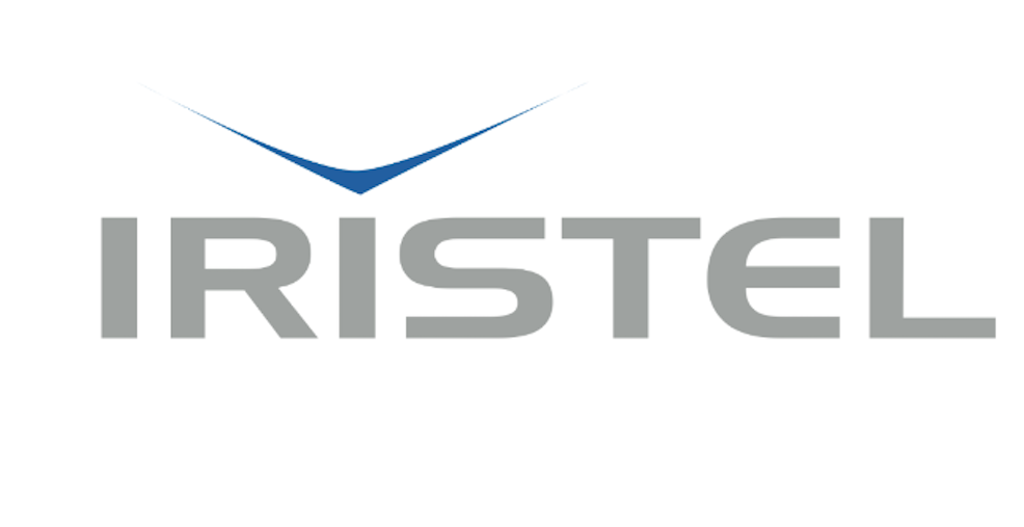
GoldTV blocking order survives TekSavvy appeal
Broadcast | May 26, 2021
The Federal Court of Appeal has allowed Canada’s first-ever site-blocking court order to stand, dismissing an appeal of the order from TekSavvy Solutions Inc.
In a Wednesday decision, Justice George Locke, writing on behalf of the three-judge panel, said that he was not swayed by TekSavvy’s argument — made during a two-day hearing in March — that site-blocking is not an available remedy under the Copyright Act.
“In my view,” Locke wrote, “nothing in sections 41.25 to 41.27 of the Copyright Act suggests an intention to deny copyright owners the benefit of a site-blocking order, and nothing in such an order conflicts with these provisions.”
“The fact that Parliament has put in place a regime to notify an alleged copyright infringer that its activities have come to the attention of the copyright owner does not suggest that this represents a limit on the remedies to which the copyright owner is entitled,” he added, referring to the so-called notice-and-notice regime.
The site-blocking order was originally sought by a consortium of rights-holding companies, including BCE Inc., Rogers Communications Inc., Quebecor Inc., and granted in November 2019. The order required a number of internet service providers (ISPs) to block an anonymously-operated “pirate IPTV” service known as GoldTV and marked the first time a Canadian court has ordered internet service providers (ISPs) to block content.
“Many Canadians will be disappointed by today’s ruling,” Canadian Internet Registration Authority president and CEO Byron Holland said in a release. CIRA had intervened in TekSavvy’s appeal of the order.
“While it is important to underline that the court did not open the door for ISPs to block of their own volition, we believe fundamentally that there are more proportionate responses to copyright infringement than the GoldTV precedent prescribes,” Holland wrote. “Instead of ordering site-blocking at the telco level, with all of the risk that could carry for net neutrality, there are control points closer and more relevant to the act of infringement that should first be looked to.”
Justice Locke also declined to delve into an analysis of the impact of the order on rights under the Canadian Charter of Rights and Freedoms, other than to write that he was content that the lower court had considered the rights sufficiently.
“In my view, it is not necessary to decide whether the Charter is engaged and, if so, whether freedom of expression is infringed,” Locke wrote. “In considering the issue of freedom of expression in the context of a particular equitable remedy, it was not necessary for the [lower court] Judge to engage in a detailed Charter rights analysis separate and distinct from the balance of convenience analysis that is already to be considered.”
TekSavvy’s vice-president regulatory affairs Andy Kaplan-Myrth said in a phone interview with the Wire Report that the company is “disappointed,” and that the decision “feels like it is very limited in the way that it very strictly just considers whether the original decision could be reviewed.” TekSavvy is still deciding whether or not it will appeal the case further, he added.
Kaplan-Myrth said that any site-blocking regime “needs to consider all the relevant rights — user rights and rights holders rights — and the nature of the internet, technological issues of what ISPs are capable of doing and how effective those measures would be against users trying to circumvent it or accidentally circumventing it.”
“You need to balance those considerations, including principles of network neutrality and legal rights like free expression, and the court has really never been best-placed to do that. The right place to do that is a statutory regime.”
The government is itself currently consulting on whether or not it should allow internet service providers to unilaterally block certain websites from users in order to protect copyright holders. Kaplan-Myrth said that the Wednesday decision upholding the blocking order may dissuade the government from pursuing a legislative framework.
“It’s exactly the opposite. We can’t get stuck with this ad-hoc regime. It’s actually all the more reason why we need the government to step in and create something that will work better,” he said.
Indeed, an internal Innovation, Science and Economic Development (ISED) 2019 memo obtained last month by the website DownUp.io showed that ISED officials felt that “should the decision hold on appeal, the GoldTV website blocking order will reduce some of the pressure to provide additional tools in Canada’s marketplace frameworks to combat online piracy.”
— Reporting by Michael Lee-Murphy at mleemurphy@thewirereport.ca and editing by Hannah Daley at hdaley@thewirereport.ca




